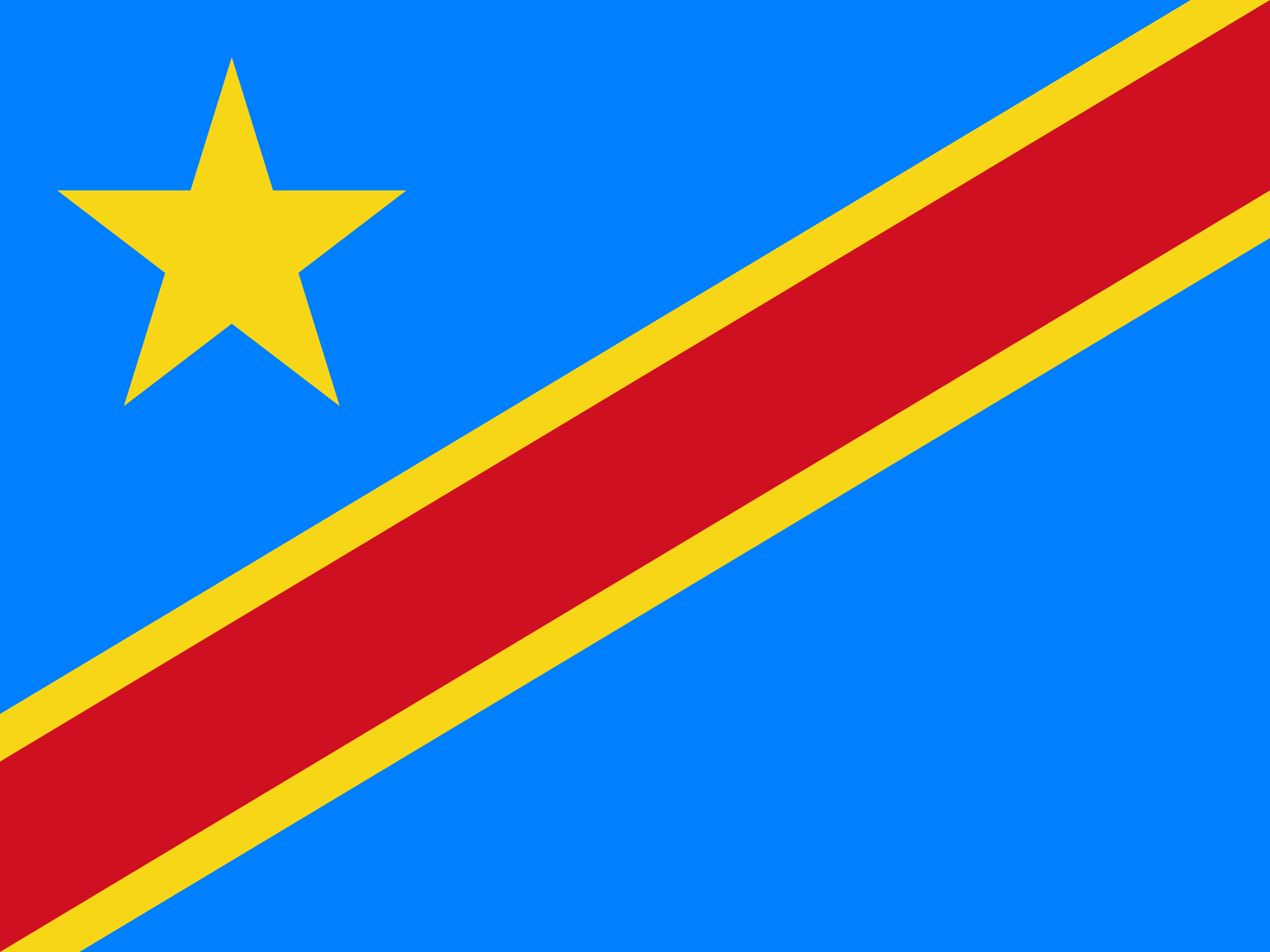
Carolina Cerqueira, President of Angola’s National Assembly, has raised concerns over persistent barriers hindering the free movement of people and goods within the Community of Portuguese Language Countries (CPLP), despite the formal commitments made by its member states.
Speaking during the 14th Ordinary Session of the CPLP Parliamentary Assembly on Monday in Maputo, Cerqueira emphasized Angola’s dedication to the Mobility Agreement and underscored the need for stronger cooperation to make the vision of unrestricted mobility a reality.
“Angola is playing its role and is paying attention.
We are the second most populous country in the CPLP, and we must live up to our commitments,” Cerqueira affirmed, referring to Angola’s ongoing domestic efforts to align with the agreement’s requirements.
While acknowledging the progress achieved so far, she sounded the alarm over a troubling trend: the increasing circulation of illegal products and contraband between member countries. Cerqueira called for urgent action to tighten enforcement and monitoring mechanisms across borders.
“We need to ensure that mobility respects the agreements and does not undermine the sovereignty of member states,” she warned, stressing the balance between open movement and the protection of national integrity.
The Angolan parliamentary leader praised the joint initiatives taken by CPLP countries to advance mobility as a shared objective of their populations.
However, she urged that proposals be tailored to the unique social and economic contexts of each member nation.
Cerqueira’s remarks come as the CPLP continues to grapple with implementing its landmark Mobility Agreement, signed in 2021, which aims to facilitate movement across its nine member states.
Her intervention adds renewed urgency to the bloc’s goal of transforming linguistic and cultural unity into real-world connectivity for its 270 million citizens.



